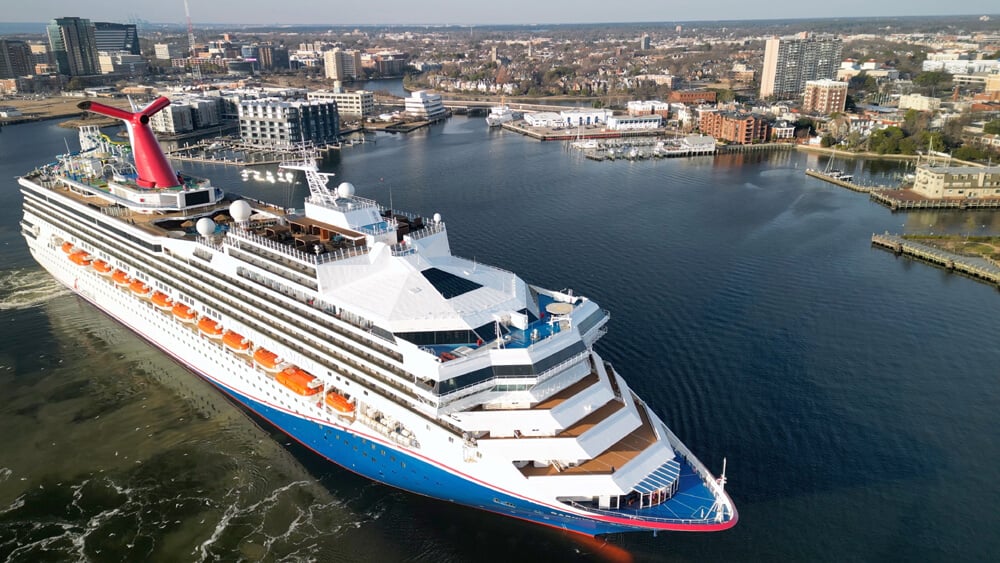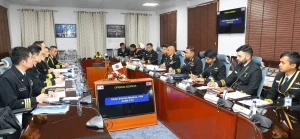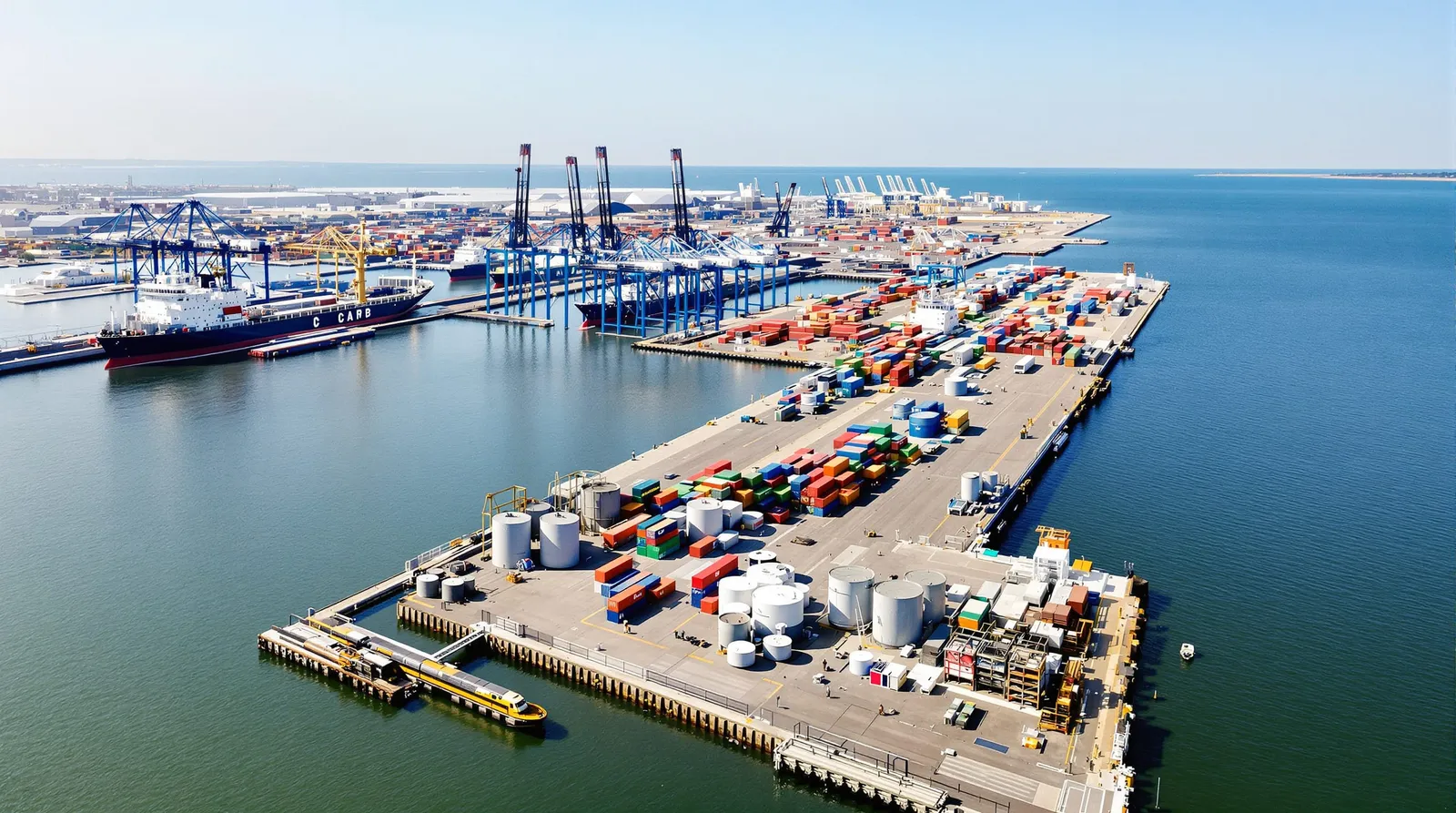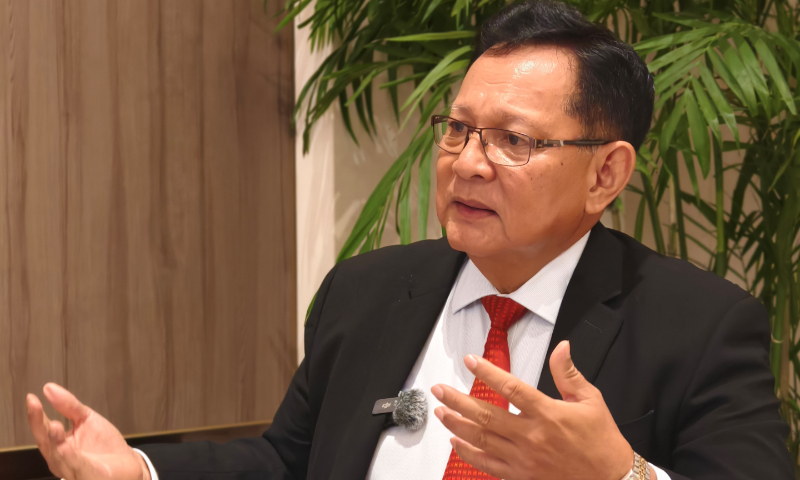On October 21, the Embassy of the Philippines in Washington, D.C., addressed concerns regarding the denial of entry experienced by Filipino seafarers at U.S. ports. These issues have reportedly escalated since the Trump administration’s focus on curbing illegal immigration, leading to multiple incidents involving seafarers holding valid work visas.
The embassy has communicated with U.S. authorities, including the Department of State and the Department of Homeland Security, regarding the matter. U.S. officials maintain that the denials comply with existing laws and regulations. Reports of Filipino crew members facing removal from vessels began surfacing in the spring, particularly involving cruise ships. Notably, incidents were documented involving crew members from the Carnival Cruise Line’s Carnival Sunshine, with several cases reported from various U.S. ports.
The situation has gained traction in the Philippine Senate, where it was revealed that at least 93 Filipino seafarers had been deported from the U.S. as of mid-2025, with a significant number deported following Trump’s inauguration. Advocacy groups have reported that seafarers were not only detained but also forcibly placed on flights out of the U.S. without due process. More than 100 Filipino seafarers were reportedly deported between April and July, including at least 21 from the Carnival Sunshine, raising serious concerns among their advocates.
A Philippine Undersecretary stated that none of the deportees, despite facing accusations, had been arrested or formally charged. The Department of Migrant Workers is working to assist these individuals in finding new employment opportunities. The embassy emphasized that it continues to engage with U.S. authorities to ensure that mandatory consular notifications are honored in cases of entry denials.
In response to growing rumors, the embassy dismissed claims of a crackdown on dual citizens in the U.S., stating that these assertions were false. The embassy is also looking into allegations that some Filipinos were being deported to third countries. U.S. authorities confirmed that one individual, unable to prove Philippine citizenship, was sent to Eritrea, while others were being repatriated to the Philippines.
All affected seafarers had previously undergone scrutiny and were deemed fit to work, as required by U.S. immigration processes. The situation raises significant questions about the treatment and rights of Filipino seafarers within the context of U.S. immigration enforcement and underscores the ongoing complexities of labor and legal issues for foreign workers in the United States.
Source link










